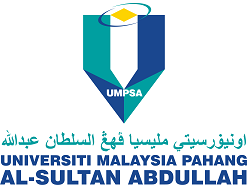Exploring Strategies and Perceptions of Quality in English to Indonesian Translation of Idioms in the Short Story “Dear Life”
DOI:
https://doi.org/10.15282/ijleal.v14i2.10599Keywords:
Acceptability, Accuracy, Idiom, Translation quality, Translation strategyAbstract
One of the challenges that Indonesian translators face in translating English literary texts is the translation of idiomatic expressions. The purpose of this descriptive study is to explore the strategies used in translating idioms in the English to Indonesian translation of Alice Ann Munro’s short story Dear Life by Tia Setiadi and explore readers’ perceptions of the translation accuracy and acceptability of the translated idioms. Purposive sampling was used to explore 131 Indonesian EFL students, 21 Indonesian EFL teachers, and 3 Indonesian translators’ perceptions towards the accuracy and acceptability of the translations. The in-depth meaning of idioms and the type of strategies were explored based on strategies proposed by Baker (2011). The findings of this study indicate that the dominant strategy in the Indonesian translation of idioms in Dear Life is paraphrase, and the translation of idioms is accurate and acceptable from the readers’ perspective. The implications of these findings are significant for Indonesian translators, offering insights that could enhance the fluency and naturalness of idiomatic translations from English to Indonesian. Moreover, the study suggests avenues for future research to expand the scope of evaluation beyond mere accuracy and acceptability. It recommends examining factors such as readability, encompassing considerations spanning word choices, technical terminology, phraseology, clause structures, sentence composition, and overall text translation. Such holistic evaluations would provide a more comprehensive understanding of the translational process and its impact on the reception of literary works in the target language.
Downloads
Published
Issue
Section
License
Copyright (c) 2024 The Author(s)

This work is licensed under a Creative Commons Attribution-NonCommercial 4.0 International License.




